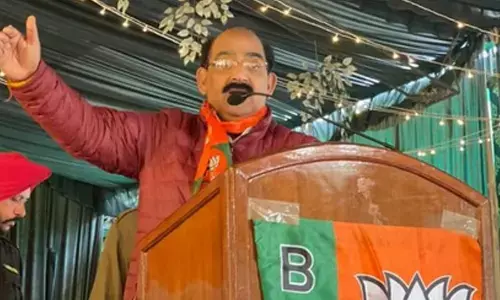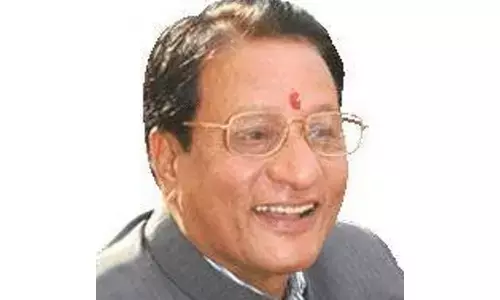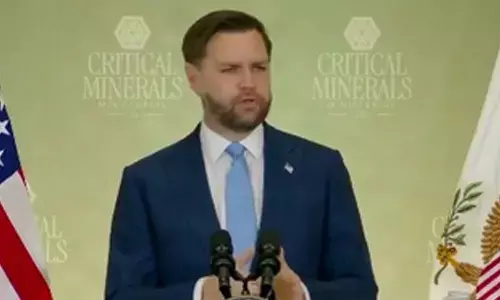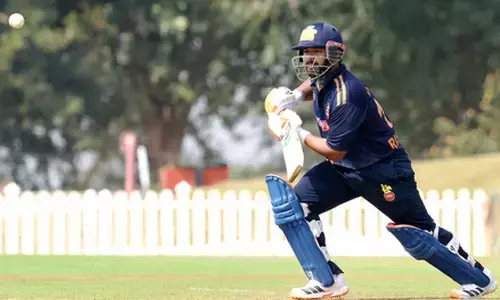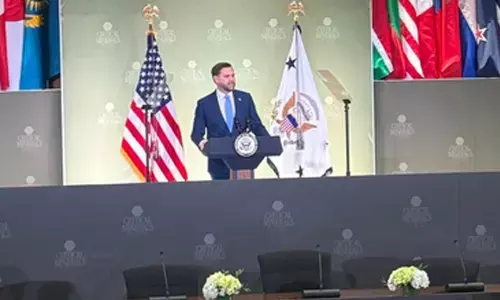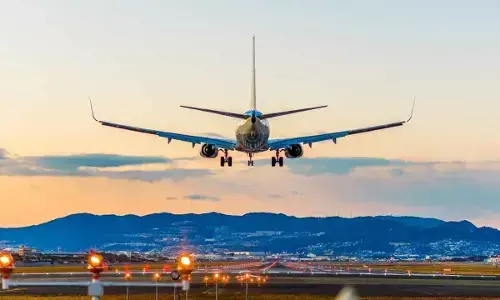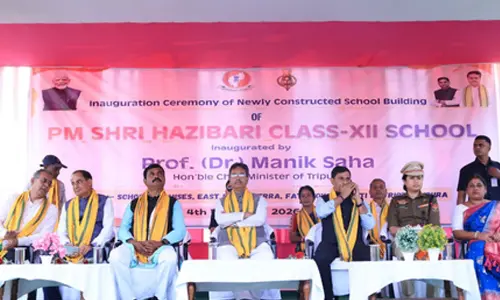MyVoice: Views of our readers 18th july 2020
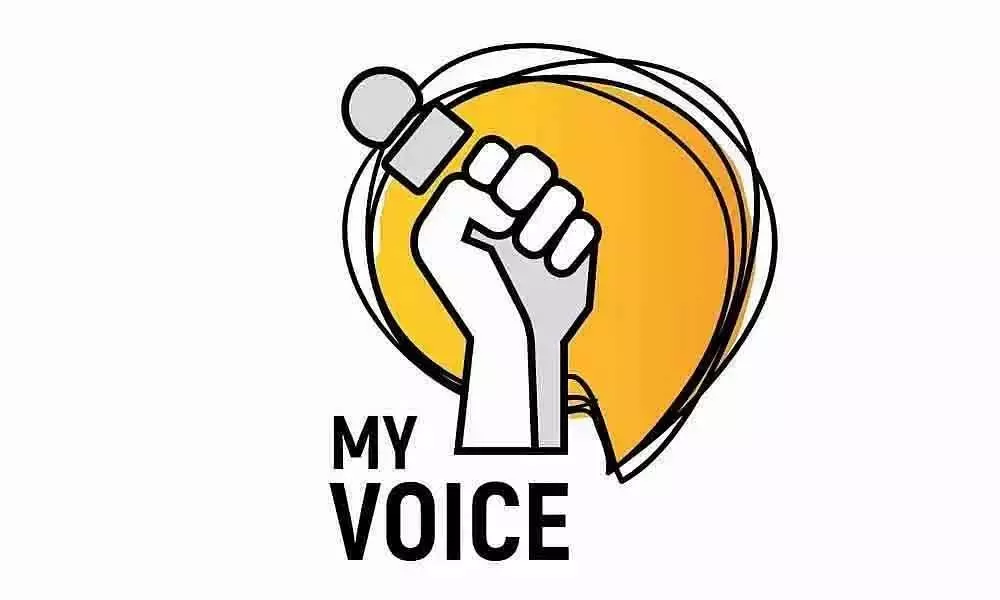
The number of Covid-19 cases is increasing by each passing day and the number of lives it claims shows a horrid health condition fast approaching
Govt inaction leads to surge in pandemic
The number of Covid-19 cases is increasing by each passing day and the number of lives it claims shows a horrid health condition fast approaching. The cholera epidemic in mid-nineteenth century London and the Spanish Flu in the early part of the twentieth century made people and governments all over the world realise the importance of public health. But our country seems to be oblivious of all these. The growing awareness that germs caused disease, and the consequent investments in public health systems involving sanitation and disease surveillance played a bigger role in improving life expectancy in the twentieth century than gains in income. Yet, the improvements in health systems were not uniform with some developing countries such as India lagging behind others in ramping up their public health systems. At a time when Japan was borrowing from the best European practices to create a world-class public health infrastructure across its colonies (Korea and Taiwan), the British were content to limit such investments in British residential areas and cantonments. Even after the end of the British Raj, successive governments in post-independent India did not consider it a priority to beef up defences against contagious diseases. While specific containment measures were launched to contain diseases such as malaria or tuberculosis, there were very little investments in an overarching public health infrastructure. But the costs of such inaction, even if not fully visible, were already quite high, even before the novel coronavirus landed up on our shores. Deaths from contagious diseases in India are much higher than the global average. It is high time the governments did something concrete to contain the coronavirus pandemic.
K Venkata Ramana, Red Hills, Hyderabad
BJP can't underestimate Rahul
Despite internal conflicts and electoral failures, and though he is no longer Congress president, Rahul Gandhi has continued to be engaged in public issues (Rahul Gandhi: Leader undisputable, July 17). He went and met the migrants on the outskirts of Delhi, which enraged Nirmala Seetharaman. He had warned about Covid-19 much before the government publicly acknowledged it. He routinely makes statements criticising the government and the Prime Minister, which is much more than other politicians do. His close associates have neither been seen on the streets nor are known for any pointed public statements against the government or Narendra Modi. The BJP takes Gandhi seriously and responds to everything he says, mostly with nasty sarcasm. Its spokespersons convert every discussion on the issues of the day into one long diatribe against him. The media happily joins in – television anchors have long stopped being objective, but even online, learned pundits spend more time in Gandhi-bashing than in calling the government and the Prime Minister to account.
Arun Kumar Anamolu, Hyderabad
Release Varavara Rao immediately
It was painful to read that revolutionary poet and activist Varavara Rao has been tested positive for Covid-19. Rao, who has been in the jail since his arrest in June 2018, for his alleged role in the Elgar Parishad-Koregaon Bhima case of Maharashtra, was, along with the other accused, moved from Pune's Yerwada prisons to Taloja central jail in the outskirts of Mumbai earlier this year. This was just a few days before the Covid-19 pandemic broke out in India. Since then, the condition, especially in Mumbai, has been worrisome. Rao is one of the 11 persons — all activists, academics and lawyers — to have been arrested and booked under several serious charges under the draconian Unlawful Activities (Prevention) Act. The case was handled by the Pune police during the BJP rule in Maharashtra. As soon as the new tri-party government headed by Shiv Sena, Nationalist Congress Party (NCP) and Congress took over, the case was swiftly handed over to the National Investigation Agency (NIA). In the supplementary charge-sheet filed in February last year, the Pune police have alleged that Rao is a senior member of the Communist Party of India (Maoist) and had conspired with co-accused Rona Wilson and one Prashanto Bose, to purchase ammunition from Basanta, a senior member of Nepal's Maoist organisation. The police had made these claims on the basis of letters leaked by personnel of Pune Police to the media in 2018, much before any charge-sheet was filed. The police have neither seized any documents or items, nor have they clarified if the "purchased ammunition" could be linked to the violence at Bhima Koregaon. This is a clear case of State terrorism. Release Varavara Rao immediately and provide him proper treatment in a sophisticated medical facility.
Vasantha S M, Srikakulam








